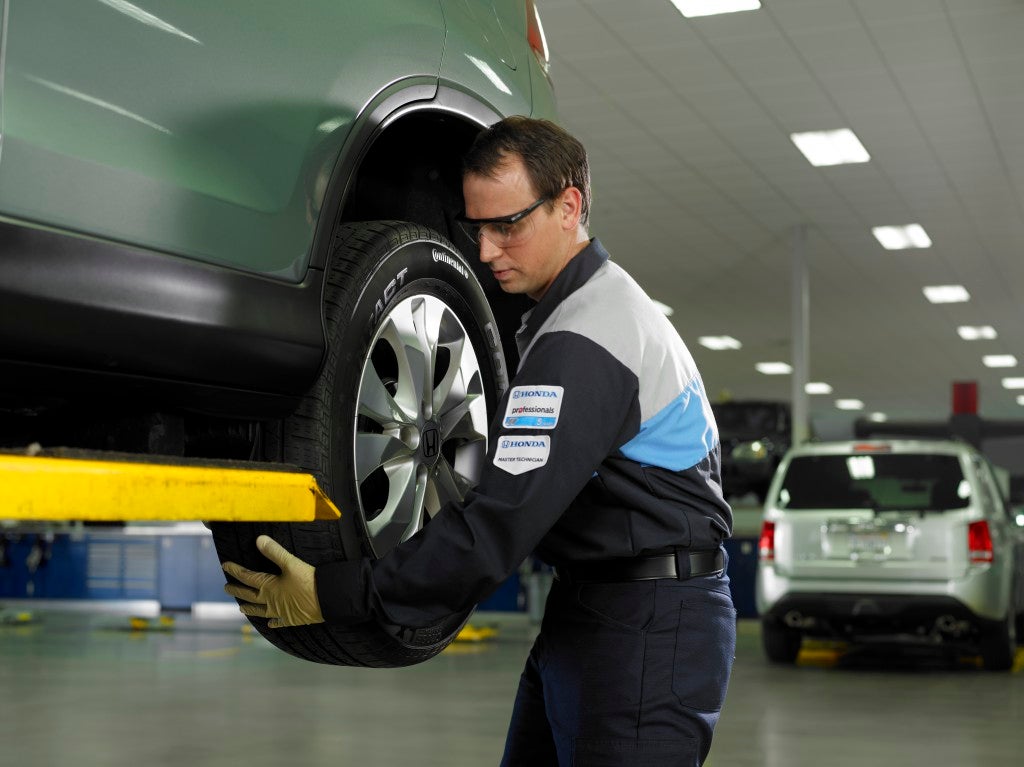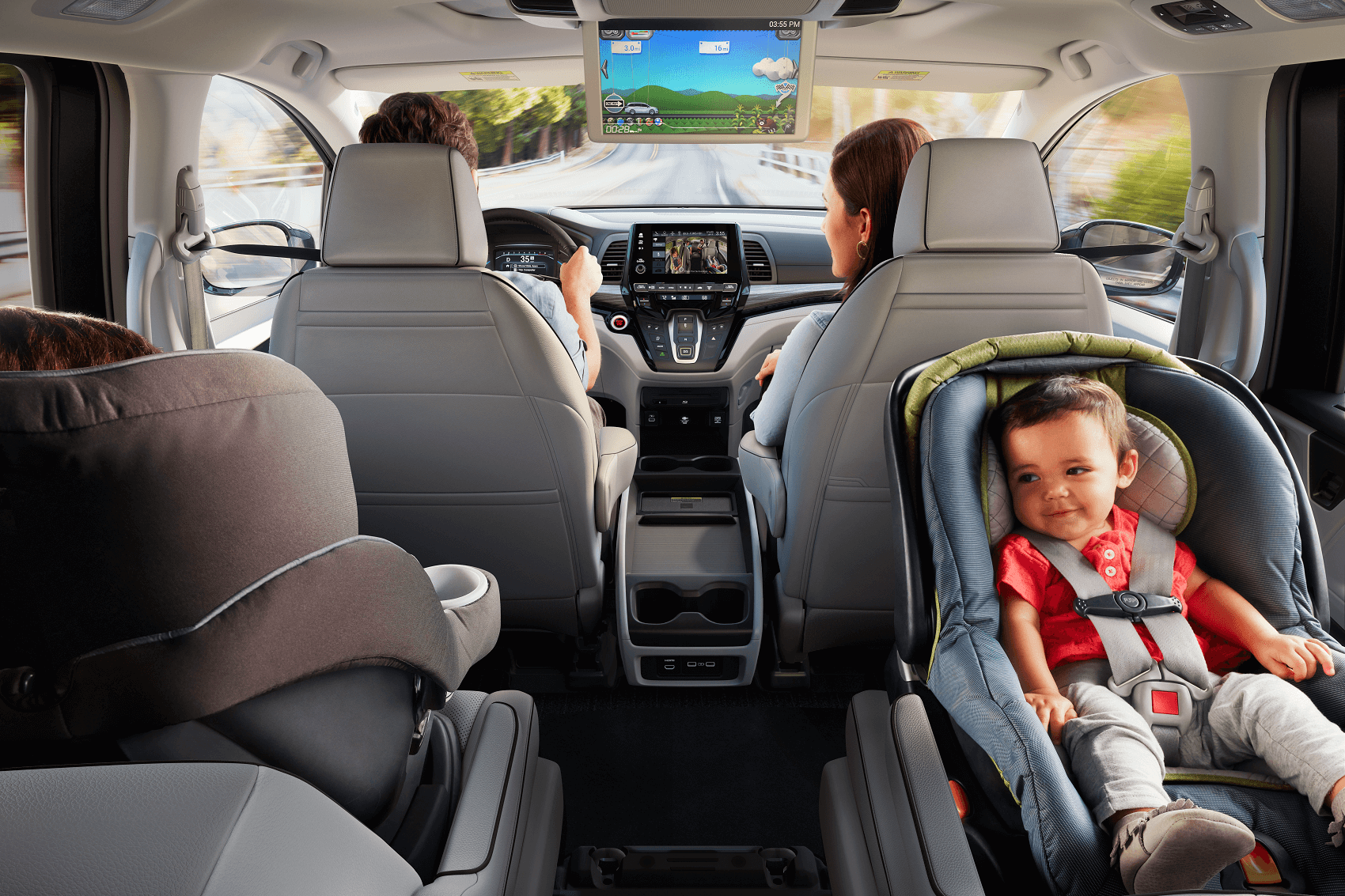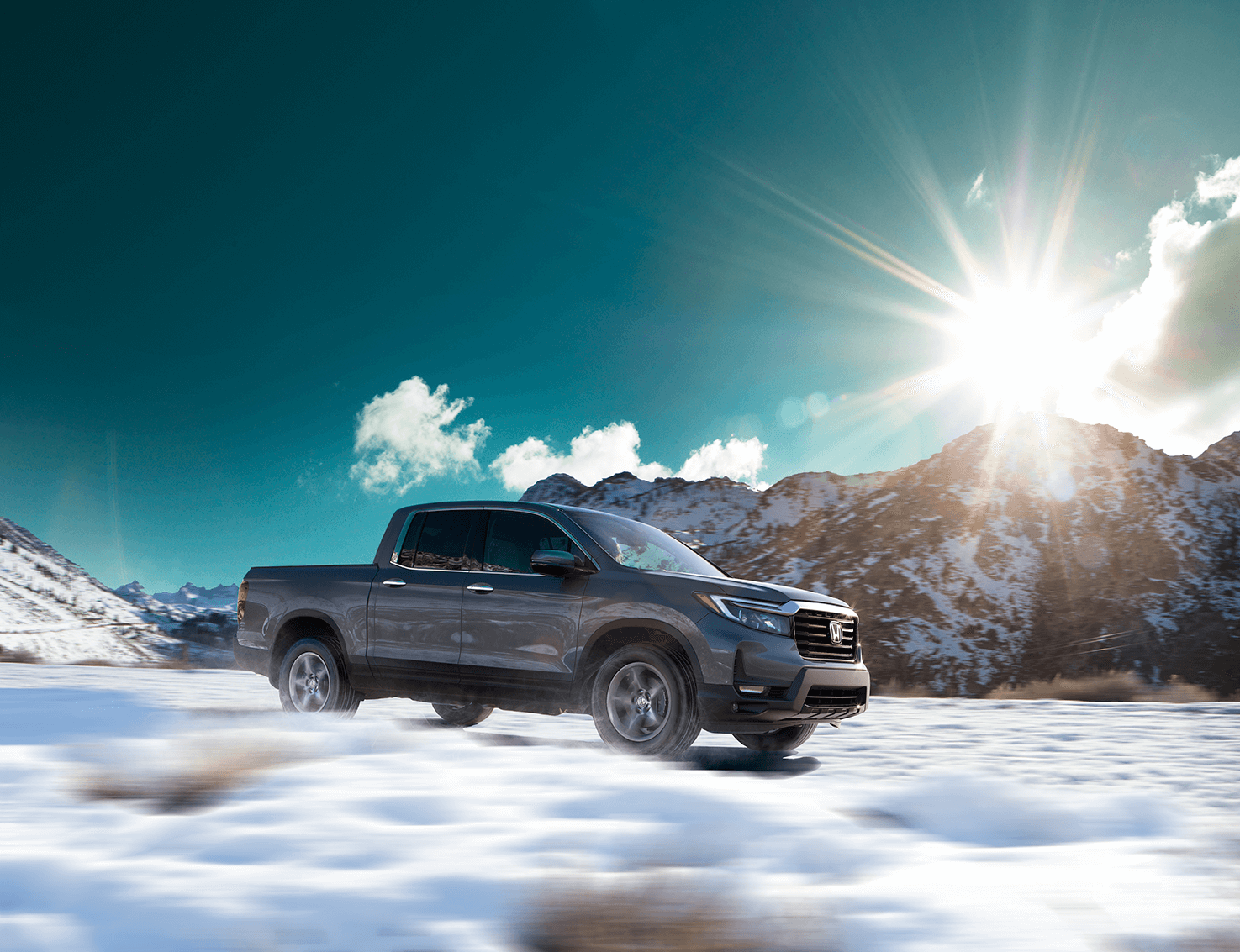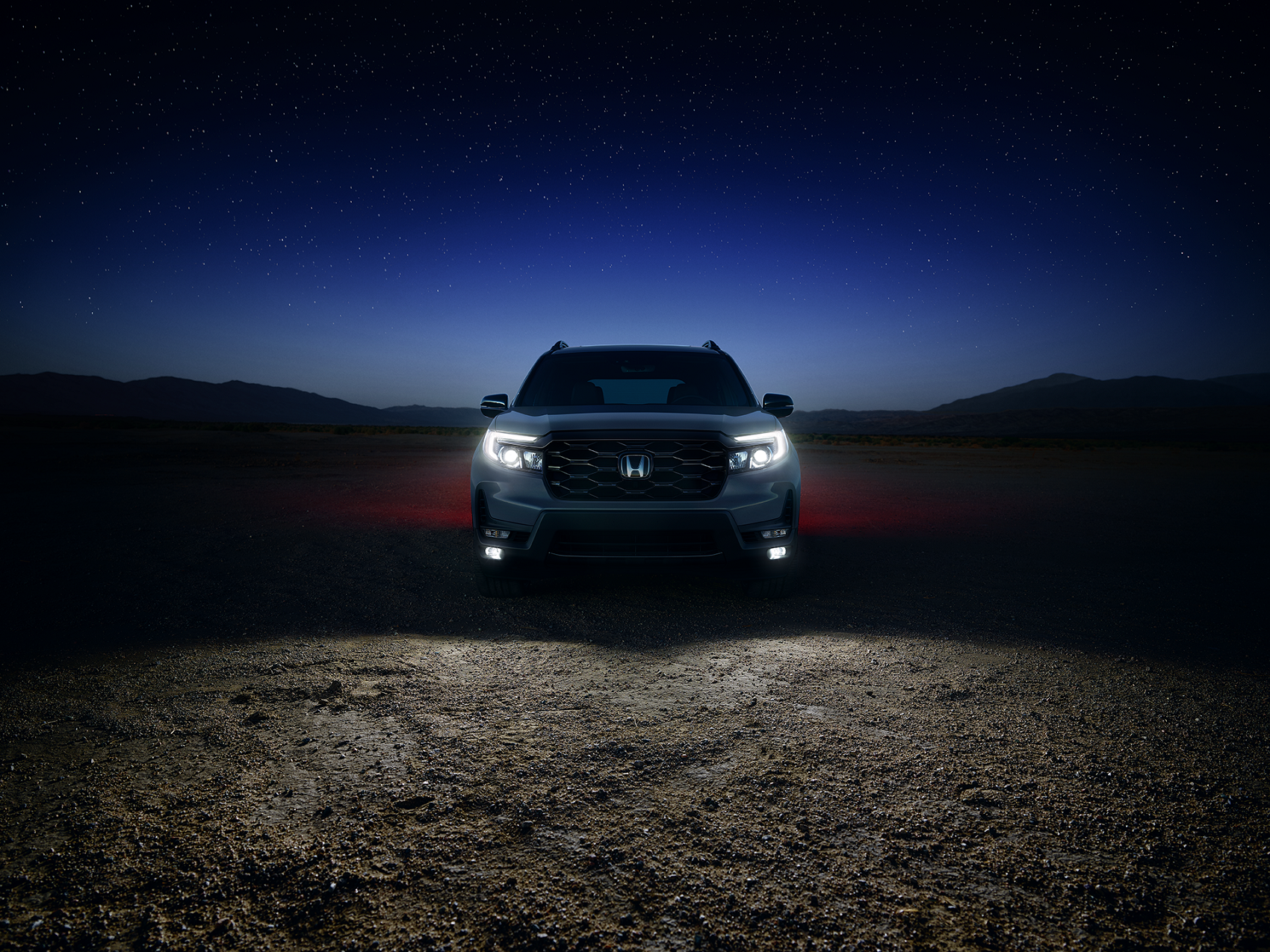Snow Driving Tips in New Jersey

While it’s exciting to enjoy all four beautiful seasons in New Jersey, winter can be a particular challenge. No matter if you consider yourself an expert or a novice, it’s important to know when and how to drive in the snow in the Garden State. Our snow-driving tips in NJ from Clinton Honda should give you a good idea of what to do and not do when dealing with winter driving.
Prepare Your Vehicle
Whether you just got your driver’s license or are new to winter driving, learning how to drive in snow is essential in the Northeast. That begins with making sure your vehicle is ready for the challenges of the season.

- Tires - Tires are the #1 tool for driving in snow for vehicles with 2-wheel drive and all-wheel drive. Tires that have poor tread or are worn unevenly will reduce your ability to navigate snow-covered roads and might even cause an accident due to uneven traction.
- Wipers & Fluid – Windshield wipers can lose their fine edge when they continually swipe ice or deflect debris. This is particularly important when driving in the snow at night. Make it a habit to have your windshield wipers checked in the fall to make sure they’re in good shape in time for the bad weather. Similarly, make sure your wiper fluid reserves are topped off. Rock salt and de-icer products create an opaque film on your windshield when they’re deflected up from passing vehicles. You’ll want to make sure you have ample washer fluid to keep your view clear.
- Brakes – Buildup of salt, ice, and snow can wear down your brake pads quickly. Have your pad depth checked at your next tire rotation appointment to make sure they’re ready for winter.
STAY ALERT!!!!

While you should always be using all your senses when you’re driving, in winter weather it’s essential. Listen for changes in road noise that could indicate you’re on loose snow, packed snow, or even ice. Feel how the vehicle is handling the road surface in your steering wheel. Be aware if the vehicle is pulling or fighting you as you try to stay on the road. Look for obstacles that could cause you to lose control. Other vehicles going too fast or too slow can impact how you’re handling your vehicle, so look farther ahead than you would normally so you know how to drive in snow safely.
And while we’re talking mostly about tips to drive in snow and ice, we can’t forget what NOT to do when driving in snow. Keep your distractions to a minimum. This includes loud music, talking on the phone, conversing with other passengers, and of course, texting.
AWD vs FWD/RWD

Vehicles are now available in a variety of drivetrain systems. It’s important to know if your vehicle has front-wheel drive, rear-wheel drive, four-wheel drive, or all-wheel drive. How to drive in snow with FWD or RWD requires a few more suggestions than how you would drive in snow with AWD.
Rear-Wheel Drive and Front-Wheel Drive, like their names imply, means the vehicle’s drivetrain is controlled by a 2-wheel drive system. So, knowing how to drive in snow with 2-wheel drive means knowing how to prevent the vehicle from losing traction control before you even get onto the road.
For example, rear-drive vehicles have their drive wheels in the lighter part of the car than a front-drive vehicle, making them more prone to fishtailing. By adding bags of sand or traditional kitty litter to your trunk adds additional weight, which will improve traction, and balance the overall weight of the vehicle better. And if you get stuck, the sand and/or litter can act as a traction enhancer under your wheels.

While the vehicle is still controlled by a 2-wheel drive, front-wheel vehicles are much easier to handle on the snowy roads than RWD vehicles. Because the drivetrain is positioned under the engine (the heaviest part of the vehicle) it has better grip to the surface of the road. The drivetrain is pulling rather than pushing the vehicle along, which reduces the chance of oversteering and putting the vehicle into a slide on slippery roads.
The primary role of all-wheel drive (AWD) is to provide uniform traction from all four of your tires at once. Most current models are equipped with an intelligent AWD system that can react to changing conditions and redistribute power to the tires that have grip, and keep you from fishtailing under acceleration. Though much better than a 2-wheel drive system, it isn’t foolproof. You can still slide if you apply the brakes too hard or take a corner too quickly; so keep your speed down and distance yourself from other vehicles as much as you can.
Control the Slide
If you do discover your vehicle is slipping or skidding, then smoothly release the accelerator. DO NOT touch the brakes, but leave your hands where they are and allow the car to slow down. DO NOT Turn your wheel in the opposite direction as this will be counterproductive and your vehicle will actually slide MORE.
While drivers may hope that the winter will be mild, making sure you have everything you need to successfully navigate whatever the weather holds will offer better protection to you and your passengers. Our Clinton Honda team has been serving the Hunterdon County, NJ, Buck County, PA, Bridgewater, Edison, Princeton, Hamilton, Somerset County, and Mercer County areas for the past 45 years. So, no matter if you drive a Honda Pilot, CRV, or any Honda models around NJ, know that being prepared for the worst will help keep you safer.
| Monday | 9:00AM - 7:00PM |
| Tuesday | 9:00AM - 7:00PM |
| Wednesday | 9:00AM - 7:00PM |
| Thursday | 9:00AM - 7:00PM |
| Friday | 9:00AM - 7:00PM |
| Saturday | 9:00AM - 5:00PM |
| Sunday | Closed |
| Monday | 7:00AM - 5:00PM |
| Tuesday | 7:00AM - 5:00PM |
| Wednesday | 7:00AM - 5:00PM |
| Thursday | 7:00AM - 5:00PM |
| Friday | 7:00AM - 5:00PM |
| Saturday | 7:00AM - 4:00PM |
| Sunday | Closed |
| Monday | 7:00AM - 5:00PM |
| Tuesday | 7:00AM - 5:00PM |
| Wednesday | 7:00AM - 5:00PM |
| Thursday | 7:00AM - 5:00PM |
| Friday | 7:00AM - 5:00PM |
| Saturday | 7:00AM - 4:00PM |
| Sunday | Closed |

